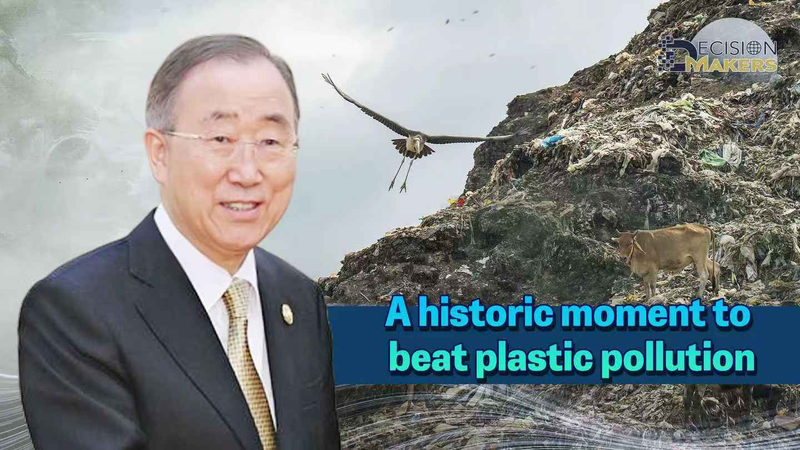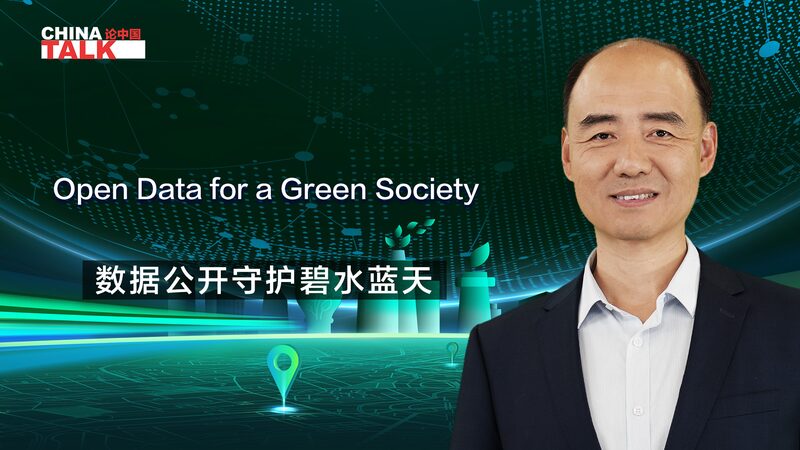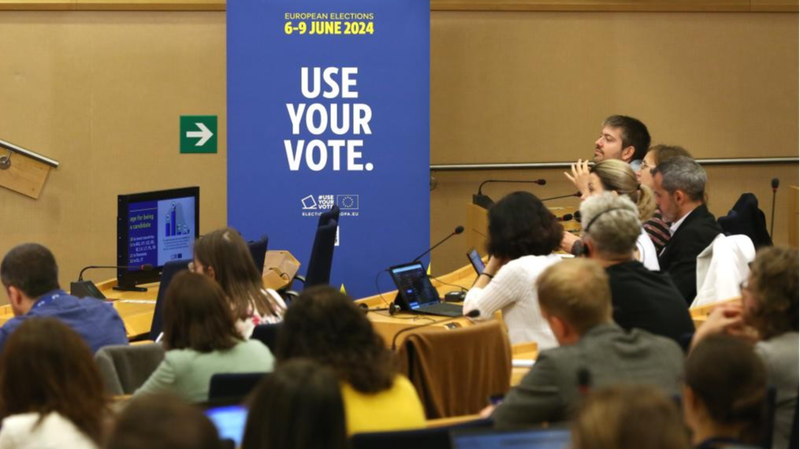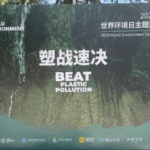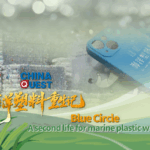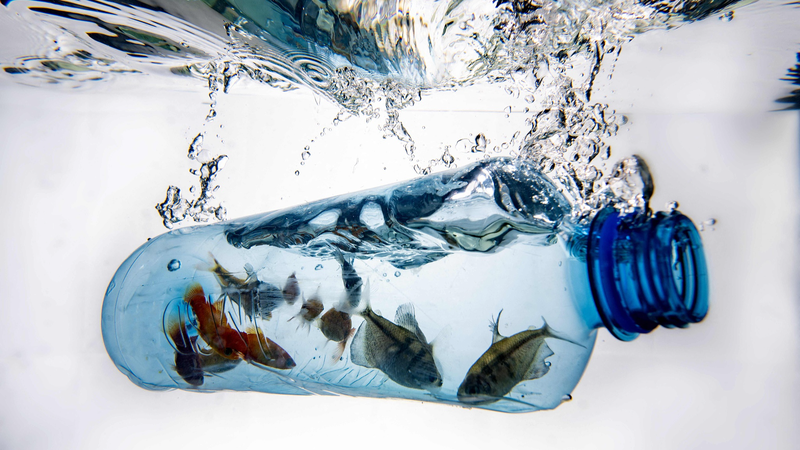As governments prepare for critical negotiations in Geneva this summer to finalize a legally binding global plastic pollution treaty, former UN Secretary-General Ban Ki-moon has issued a rallying cry for collective action. The agreement – described as one of the most consequential environmental deals in decades – aims to address the 460 million tonnes of plastic waste produced annually, a figure projected to triple by 2060 without intervention.
In an op-ed marking World Environment Day (June 5), Ban emphasized that public pressure could prove decisive in overcoming political hurdles. "No government can remain indifferent to the voices of millions demanding principled change," wrote the veteran diplomat, drawing parallels to successful global climate agreements.
The treaty's development comes amid alarming scientific findings about microplastics' penetration into human bodies – detected in blood, lungs, and breast milk worldwide. While acknowledging plastic's role in modern industry and medicine, Ban warned that current consumption patterns threaten both ecosystems and public health.
Business leaders and policymakers are particularly focused on the treaty's potential to harmonize waste management standards and spur innovation in circular economies. Over 9,000 companies have endorsed the agreement, recognizing both environmental risks and market opportunities in sustainable materials.
As negotiators work to balance economic realities with ecological urgency, Ban highlighted the treaty's generational stakes: "My grandchildren still enjoy some slivers of nature unscarred by plastic pollution. But unless the world acts now, their children may not."
Reference(s):
cgtn.com
